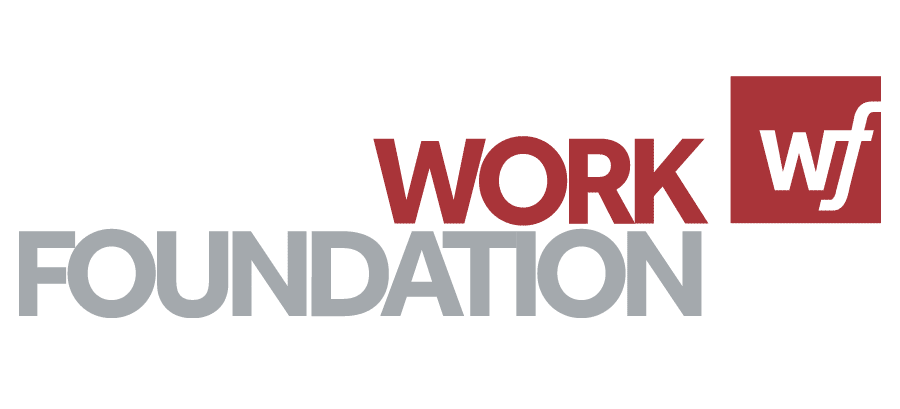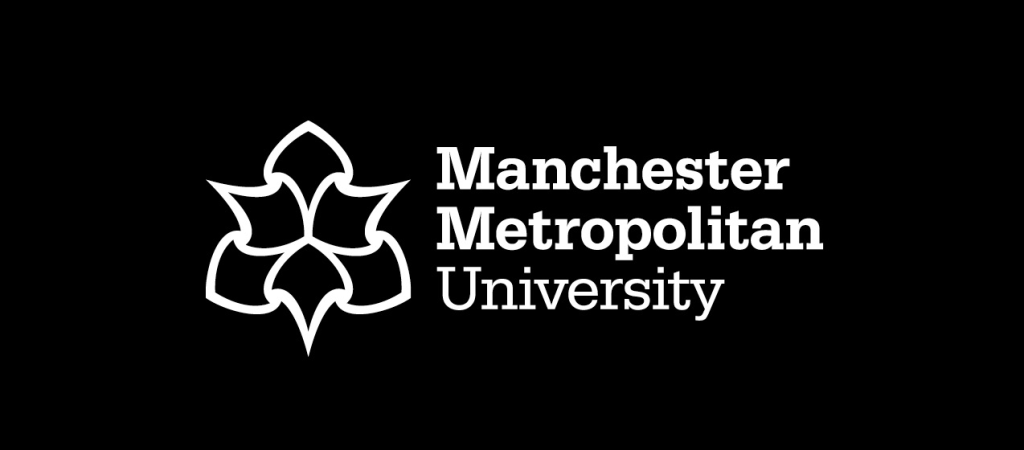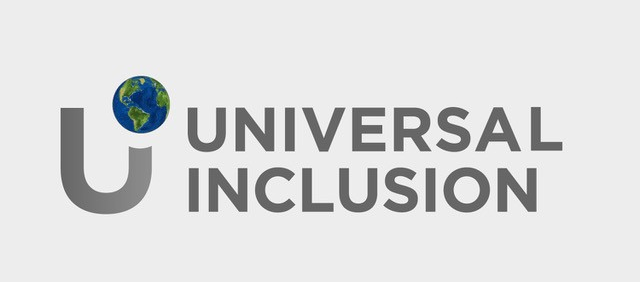By Daisy Hooper, Head of Policy and Innovation at the Chartered Management Institute
The COVID-19 pandemic forced organisations to think differently about work. As a result, many adopted or expanded remote and hybrid working. This change in working practices has provided flexibility and continuity for many, but it has also exposed pre-existing inequalities. For disabled workers, the physical and social barriers that impeded inclusion in traditional work environments often persisted in the virtual realm.
At CMI, we know from our own research – The Everyone Economy – that positive views around inclusion and supporting workers to achieve their best are often not backed up by concrete action to deliver on these ambitions. For example, 4 in 5 (81%) respondents to our research thought disabled people were underrepresented in their organisation but only 1 in 5 (22%) said their organisation was planning to take steps to increase representation of disabled people at any level. A further two thirds of respondents said their organisation either had no initiatives around disability in the workplace or they did not know if their organisation had any initiatives. This highlights the need for a deeper understanding of the challenges faced by disabled workers and the role that managers can play in supporting them to thrive.
Previous research from Lancaster University and The Work Foundation found that disabled employees faced additional challenges compared to their non-disabled counterparts when working remotely or in hybrid environments. These challenges included difficulties in accessing appropriate technology and accommodations, feeling isolated and disconnected from their teams, and facing barriers in career progression opportunities.
Managers hold a critical position in understanding the experiences of disabled workers in remote and hybrid work settings. We know they can improve communication and promote better engagement, support necessary accommodations and flexibilities. Research by CMI and The Work Foundation found that line manager support for remote working is considered particularly important by disabled workers, with 61% of disabled workers indicating they felt comfortable asking for remote working because their line manager was supportive of it.
Additionally, international research, conducted by the likes of Business Disability Forum and Boston Consulting Group emphasise the significance of well-trained managers in promoting disability inclusion. Their work on supporting an inclusive culture for employees with disabilities indicates that managers who receive training on disability-related issues are more likely to create inclusive work environments, effectively communicate with disabled employees, and provide reasonable accommodations.
All of this is important because there is increasing evidence of the link between diversity and inclusion, job satisfaction, wellbeing and productivity. Given the under representation of disabled people in the UK workforce this represents significant untapped potential. For employers, a more diverse workforce brings with it fresh ideas and innovative points of view that can positively impact on the overall success of a company.
By actively engaging with disabled employees, managers can gain insights into the specific challenges they face and identify potential solutions, particularly when the numbers of those reporting a disability in work are increasing. This understanding allows managers to create an inclusive work environment that supports the diverse needs of their team members and enables them to perform at their best. Managers can make a big difference to the experience of disabled people in work simply by prioritising regular two-way communication and acting on any queries or suggestions that come up. One of the reasons this work is important is to shed more light on the experiences of disabled people because we know that data collection around disabled representation and barriers to their progression is limited.
Understanding disabled workers’ experiences in remote and hybrid work settings is essential for designing inclusive work models in a post-pandemic landscape. We want to see managers, as key stakeholders, actively engaging in this process by recognising the challenges faced by disabled employees, providing necessary support and accommodations, and fostering a culture of inclusion. This research project will provide valuable insights into ’what works’ and learning from this, managers can play a positive role, paving the way for a work environment where disabled workers are valued, empowered, and able to thrive.
Daisy Hooper is Head of Policy and Innovation at the Chartered Management Institute (CMI).
To have your own voice heard on how to make remote and hybrid work more inclusive within a post-pandemic employment landscape, please participate in this research by completing our survey of disabled workers’ experiences. Employers are making decisions now about future ways of working that will affect the long-term working conditions, health and wellbeing of disabled workers across the UK and beyond, so we thank you for taking the time to be involved in shaping these decisions through your own participation in this project.





